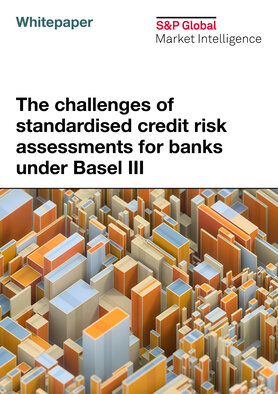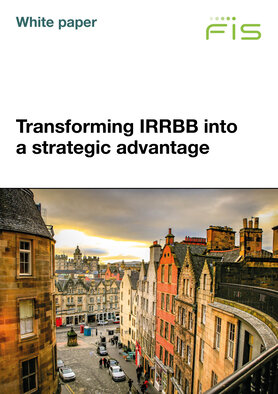The challenges of standardised credit risk assessments for banks under Basel III

In the aftermath of the global financial crisis that began in 2007–08, regulators from 28 jurisdictions within the Basel Committee on Banking Supervision agreed on a new international standard for strengthening banks. The agreement was finalised in 2017, and the European Union has already implemented most of the global standards known as Basel III.
Among the new requirements of the revised standardised approach for credit risk is the standardised credit risk assessment (SCRA) approach, which will apply to banks’ risk exposures to their banking and financial institution counterparties, in the hope of encouraging better counterparty risk management practices.
Download the whitepaper
Register for free access to hundreds of resources. Already registered? Sign in here.
More related resources
Model risk management scorecard monitoring
Best practices for monitoring vendor scorecard models, drawing from regulatory guidance and industry best practices

Transforming IRRBB into a strategic advantage
Forward-thinking banks are transforming IRRBB from a regulatory obligation into a strategic tool

Leveraging liquid and long-term volatility data for effective calibration of economic scenario generators
The challenges of calibrating insurance models due to the mismatch between long-term liabilities and short-term market instruments

The billion-dollar data reckoning question: how can your trade surveillance team avoid the next nine-figure fine?
With regulators levying existential fines for incomplete or flawed data, every transaction, venue and product must be accounted for with precision. How will this relentless focus on data reshape the roles of surveillance teams, the expectations on vendors and the strategies of compliance functions?

Asset and liability management: the nerve centre of modern banks
Regulatory and compliance mandates can be complex and challenging. Therefore, a multiple-view approach to ALM, regulations and finance within the organisation, is key

